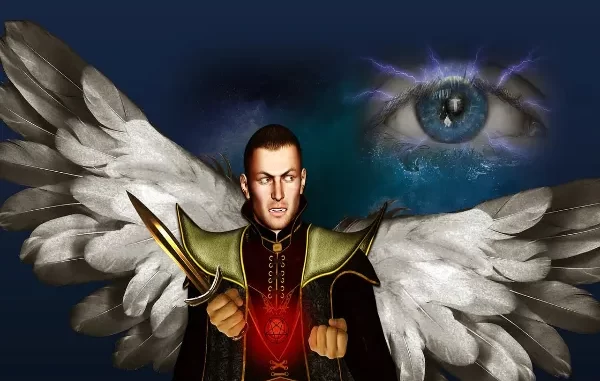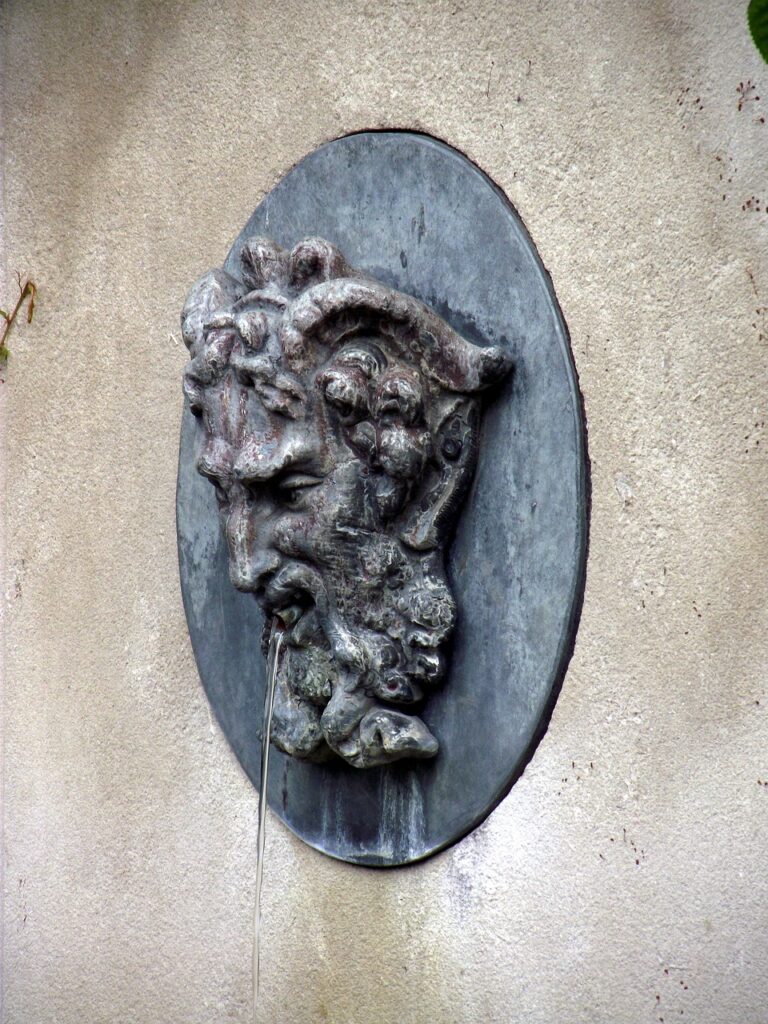
The name “Lucifer” has long been associated with mystery, darkness, and rebellion. It has inspired countless tales and interpretations across literature, music, and art. However, in recent years, a specific series of books has gained immense popularity and captured the hearts of readers around the globe.
The “Lucifer” book series, created by acclaimed author Neil Gaiman and later continued by Mike Carey, explores a captivating blend of mythology, fantasy, and philosophical ponderings. In this article, we will embark on an illuminating journey to explore the mesmerizing world of “Lucifer” books, uncovering the enigmatic character and thought-provoking narratives that make this series a standout in modern literature.
- Genesis of the “Lucifer” Universe
The “Lucifer” series finds its origins in Neil Gaiman’s critically acclaimed comic book series “The Sandman,” published by DC Comics’ Vertigo imprint. In “The Sandman,” Lucifer Morningstar, a character inspired by the biblical figure, makes his debut as the ruler of Hell who grows weary of his duties and decides to retire to Earth. This captivating portrayal of Lucifer piqued the interest of readers and inspired Gaiman to spin off an independent series dedicated to the character.

- The Storyline and Themes
The “Lucifer” book series centers around the fallen angel Lucifer Morningstar, who resigns as the ruler of Hell and abandons his throne. Seeking freedom and independence, he opens a piano bar in Los Angeles called “Lux” and embarks on a journey of self-discovery. The narrative delves into philosophical themes, exploring free will, the nature of good and evil, and the intricacies of human existence. As Lucifer interacts with various celestial beings and mythical entities, the storyline presents an intricate tapestry of supernatural elements woven into the human experience.
- Complex Character Development
At the heart of the “Lucifer” series is the complex and multifaceted character of Lucifer Morningstar. He is portrayed not as the embodiment of pure evil, as popular mythology often depicts, but as a rebellious and introspective figure seeking meaning and understanding. The evolution of Lucifer’s character throughout the series is a captivating exploration of morality, redemption, and the perpetual struggle between destiny and free will.
- The Role of Other Characters
Throughout the “Lucifer” series, readers are introduced to an array of intriguing and diverse characters. From celestial beings, demons, and deities to humans and mythological figures, each character plays a significant role in shaping the narrative and influencing Lucifer’s journey. Notable characters include Mazikeen, the devoted demon who follows Lucifer to Earth, and Elaine Belloc, a young woman who becomes entwined in the celestial conflicts.

- Rich Mythology and World-Building
Neil Gaiman and Mike Carey have masterfully woven a rich tapestry of mythology and world-building within the Lucifer book. Drawing inspiration from various religious and mythological traditions, the series explores a vast cosmology that spans from Heaven and Hell to other celestial realms and dimensions. This extensive world-building creates an immersive reading experience, inviting readers to explore the depths of the fantastical universe within the pages.
- Critical Acclaim and Legacy
The Lucifer book series has received widespread critical acclaim for its complex storytelling, engaging characters, and thought-provoking themes. The impact of the series extends beyond literature, with adaptations in television, audio dramas, and fan art contributing to its enduring legacy.
The Lucifer book series is a mesmerizing journey through the depths of mythology, philosophy, and human nature. From its origins in Neil Gaiman’s “The Sandman” to Mike Carey’s masterful continuation, the series has captivated readers with its complex characters, rich world-building, and exploration of profound themes.
The portrayal of Lucifer Morningstar as a multi-dimensional and contemplative character challenges conventional notions of good and evil, inviting readers to question their own beliefs and assumptions. The Lucifer book stand as a testament to the power of storytelling to illuminate the human condition, leaving readers with a deeper appreciation for the complexities of existence and the pursuit of personal truths.






Leave a Reply